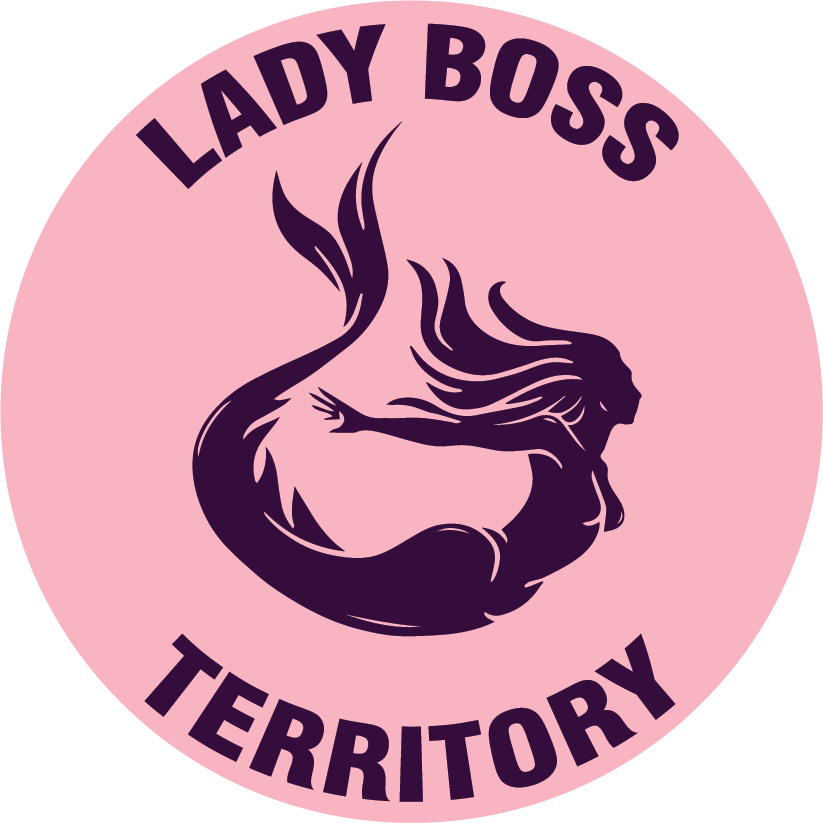Introduction
Success is rarely a solo journey. Behind every thriving business leader, executive, or entrepreneur is often a mentor who provided valuable insight, encouragement, and strategic advice. Mentorship is the bridge that connects potential to achievement, offering guidance, networking opportunities, and wisdom that only experience can provide.
Follow our CEO here.
If you’re an ambitious woman looking to level up your career, finding the right mentor can be a game-changer. But how do you identify, connect with, and leverage mentorship to fast-track your career growth? In this guide, we’ll break down the essential steps to finding and utilizing mentorship effectively to elevate your professional journey.
1. Why Mentorship Matters for Career Acceleration
Mentorship isn’t just about having a wise advisor—it’s about gaining a competitive edge in your industry. A strong mentor can:
- Provide strategic career advice to help you avoid common mistakes
- Introduce you to valuable networks and opportunities
- Boost confidence by offering encouragement and constructive feedback
- Hold you accountable for your career growth
Studies show that professionals with mentors advance faster in their careers, earn higher salaries, and have greater job satisfaction. If you’re serious about your success, a mentor should be part of your strategy.
2. How to Identify the Right Mentor for Your Goals
Finding the right mentor starts with clarity about where you are and where you want to be. Ask yourself:
- What are my short-term and long-term career goals?
- What skills do I need to develop?
- What type of leader do I admire?
Once you have a clear vision, look for mentors who:
- Have experience and expertise in your field
- Align with your values and leadership style
- Are willing to invest time in your growth
- Have a track record of mentoring others successfully
Consider seeking mentorship from:
- Leaders within your company
- Industry experts you admire
- Business networking groups
- Online mentorship platforms
3. Where to Find a Mentor: Exploring Your Options
Mentors come in many forms, and finding the right one requires being proactive and open-minded. Some great places to start include:
- Professional Organizations – Industry groups often have mentorship programs.
- Networking Events & Conferences – Connect with industry leaders.
- LinkedIn & Social Media – Engage with potential mentors by commenting on their content.
- Alumni Associations – Reach out to graduates from your university.
- Coaching & Mastermind Groups – Some mentors offer structured coaching sessions.
The key is to make the first move—send a thoughtful message or email explaining why you admire them and how their guidance would be valuable to you.
4. How to Approach a Potential Mentor (Without Being Overwhelming)
Mentorship is a two-way street. When reaching out, avoid making it feel like a burden. Instead, follow these steps:
- Personalize your outreach – Mention specific reasons why you admire them.
- Be clear about your ask – Whether it’s occasional advice, structured mentorship, or career guidance, state your expectations.
- Show gratitude and be flexible – Mentors are busy, so respect their time and be adaptable.
Example message:
“Hi [Mentor’s Name], I admire your work in [industry/field] and your approach to [specific topic]. I’m currently working on growing my career in [your field] and would love to learn from your insights. If you’re open to it, I’d appreciate a 15-minute chat or any guidance you can share. Thank you for your time!”
5. How to Make the Most of Your Mentorship
Having a mentor is only valuable if you apply their advice and take action. Here’s how to get the most from the relationship:
- Come prepared – Have clear questions and topics for discussion.
- Follow up and implement their advice – Show that you’re serious about growth.
- Offer value in return – Whether it’s sharing an insightful article or helping with a small task, make it a mutually beneficial relationship.
- Check-in regularly – Even if it’s just a quick update, keep the connection alive.
6. Overcoming Challenges in Finding and Maintaining a Mentor
Common challenges include:
- Fear of reaching out – Confidence is key! Many successful people enjoy mentoring.
- Lack of time – Be respectful and keep communication efficient.
- Not finding the right fit – Keep looking until you find someone who truly aligns with your goals.
If finding a one-on-one mentor proves difficult, consider group mentorship, online courses, and industry panels as alternative ways to gain wisdom and guidance.
7. How to Pay It Forward: Becoming a Mentor Yourself
Once you’ve benefited from mentorship, consider becoming a mentor to someone else. Sharing your knowledge and experience can:
- Strengthen your leadership skills
- Expand your professional network
- Give back to the next generation of women leaders
Great mentors lead by example and empower others. As you grow in your career, be open to helping those who are just starting.
Conclusion
The power of mentorship can be a game-changer in your career. Whether you’re seeking a mentor to accelerate your growth or stepping into the role of a mentor yourself, mentorship fosters learning, confidence, and success.
The right guidance can open doors, fast-track your success, and help you navigate challenges with clarity and confidence. Start building meaningful mentor relationships today, and watch your career transform.

0 comments